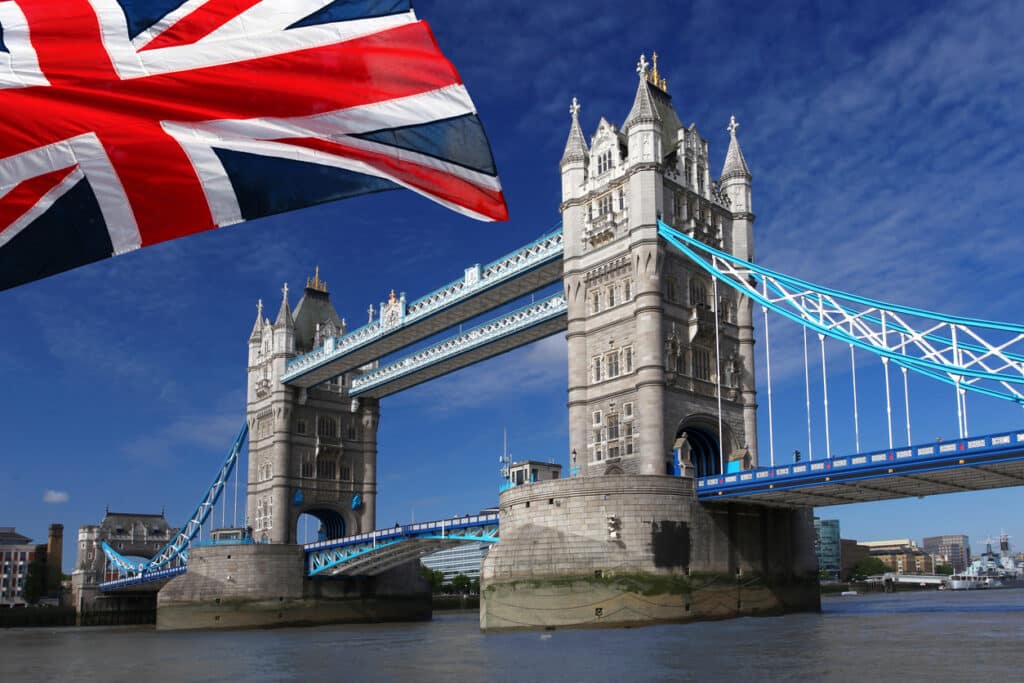Welcoming a new baby is a life-changing event, and for U.S. citizens living abroad or traveling, it comes with unique questions and considerations. If you’re thinking about giving birth in Canada as a U.S. citizen, you’re not alone—many expats and cross-border families navigate this path every year. From legal entry requirements to dual citizenship, birth certificates, and healthcare costs, there’s a lot to consider. This guide breaks down everything you need to know, so you can focus on what matters most: your growing family.
Visa requirements and legal entry for giving birth in Canada
Before you pack your bags for Canada, it’s important to understand the legal requirements for entering the country, especially if your primary purpose is giving birth in Canada as a U.S. citizen.
Entry as a visitor:
- Most U.S. citizens do not need a visa to enter Canada for short visits (up to six months). You’ll just need a valid U.S. passport.
- At the border, Canadian officials may ask about your travel plans. Be honest about your intentions—transparency is key.
Medical tourism considerations:
- Canada’s healthcare system is designed for residents, not visitors. If you’re traveling specifically to give birth, be prepared to show proof of funds to cover medical expenses.
- Border agents may ask for evidence of your ability to pay for your hospital stay and delivery, as you won’t be covered by provincial health insurance.
Staying longer:
- If you plan to stay in Canada for an extended period before or after the birth, ensure you don’t overstay the six-month visitor limit. Extensions are possible but must be applied for in advance.
Understanding dual citizenship for babies born in Canada
One of the most common questions about giving birth in Canada as a U.S. citizen is whether your child will have dual citizenship. The answer is yes—your baby can be both a Canadian and a U.S. citizen from birth.
Canadian citizenship by birth:
Canada grants citizenship to any child born on Canadian soil, regardless of the parents’ citizenship or immigration status (with rare exceptions for children of foreign diplomats).
U.S. citizenship by descent:
If at least one parent is a U.S. citizen who meets certain residency requirements, your child is eligible for U.S. citizenship at birth, even if born abroad.
Benefits of dual citizenship:
- Your child will have the right to live, work, and study in both countries.
- They’ll have access to both U.S. and Canadian passports, making travel and future opportunities more flexible.
💡 Pro Tip:
Dual citizenship comes with responsibilities, including potential tax obligations in both countries. It’s wise to consult with a cross-border tax expert as your child grows.
Obtaining Canadian birth certificate and passport for your child
After giving birth in Canada, you’ll want to secure your child’s Canadian documents promptly.
Canadian birth certificate:
- The hospital will provide a registration form for your baby’s birth. Complete and submit this to the provincial or territorial vital statistics office.
- Processing times vary, but you’ll typically receive the birth certificate within a few weeks.
Canadian passport:
- Once you have the birth certificate, you can apply for your child’s Canadian passport.
- You’ll need proof of parentage, the birth certificate, passport photos, and a guarantor (a Canadian citizen who has known you for at least two years).
- Processing times can be several weeks, so plan ahead if you need to travel soon after the birth.
Filing Consular Report of Birth Abroad (CRBA) for U.S. citizenship
To ensure your child’s U.S. citizenship is recognized, you’ll need to file a Consular Report of Birth Abroad (CRBA) at the nearest U.S. consulate or embassy in Canada.
What is a CRBA?
The CRBA is an official document that proves your child acquired U.S. citizenship at birth outside the United States.
How to apply:
- Schedule an appointment at a U.S. consulate or embassy.
- Bring your child, both parents’ passports, the Canadian birth certificate, proof of the U.S. citizen parent’s physical presence in the U.S., and any supporting documents.
- Complete Form DS-2029 (Application for Consular Report of Birth Abroad).
U.S. passport application:
You can apply for your child’s U.S. passport at the same time as the CRBA.
Why it matters:
The CRBA is essential for your child’s U.S. legal identity, travel, and future tax and legal matters.
Healthcare costs and medical expenses for delivery in Canada
Healthcare is a major consideration when giving birth in Canada as a U.S. citizen, especially since visitors are not covered by Canada’s public health insurance.
What to expect:
- As a non-resident, you’ll be billed for all medical services related to your pregnancy and delivery.
- Costs can vary widely depending on the province, hospital, and type of delivery (vaginal or C-section).
Typical costs:
- Uncomplicated vaginal delivery: CAD $5,000–$8,000.
- C-section: CAD $10,000–$15,000, with possible higher costs in case of complications or NICU stays.
- Additional costs for prenatal care, ultrasounds, and postnatal care.
Ready for peace of mind? Get expert guidance on U.S. expat taxes
Navigating the complexities of giving birth in Canada as a U.S. citizen is just the beginning—understanding your family’s cross-border tax and citizenship responsibilities is equally important. Let Bright!Tax’s friendly, expert team help you make sense of your unique situation, so you can focus on your family’s future with confidence.
Frequently Asked Questions
-
Can I travel to Canada just to give birth as a U.S. citizen?
Yes, but you must enter as a visitor and be prepared to pay all medical expenses out-of-pocket, as you won’t be covered by Canadian public health insurance.
-
Will my baby automatically have dual citizenship if I give birth in Canada as a U.S. citizen?
Yes, your child will be a Canadian citizen by birth and can also acquire U.S. citizenship if you meet the residency requirements.
-
How do I get a U.S. passport for my baby born in Canada?
File a Consular Report of Birth Abroad (CRBA) at a U.S. consulate or embassy in Canada, and apply for a U.S. passport at the same time.
-
Are there any tax implications for my child with dual U.S.-Canadian citizenship?
Yes, U.S. citizens (including children) may have future U.S. tax filing obligations. It’s wise to consult a cross-border tax expert as your child grows.
-
How much does it cost to give birth in Canada as a U.S. citizen?
Costs vary, but expect to pay CAD $5,000–$15,000 or more, depending on the type of delivery and location.

 Connect on LinkedIn
Connect on LinkedIn

